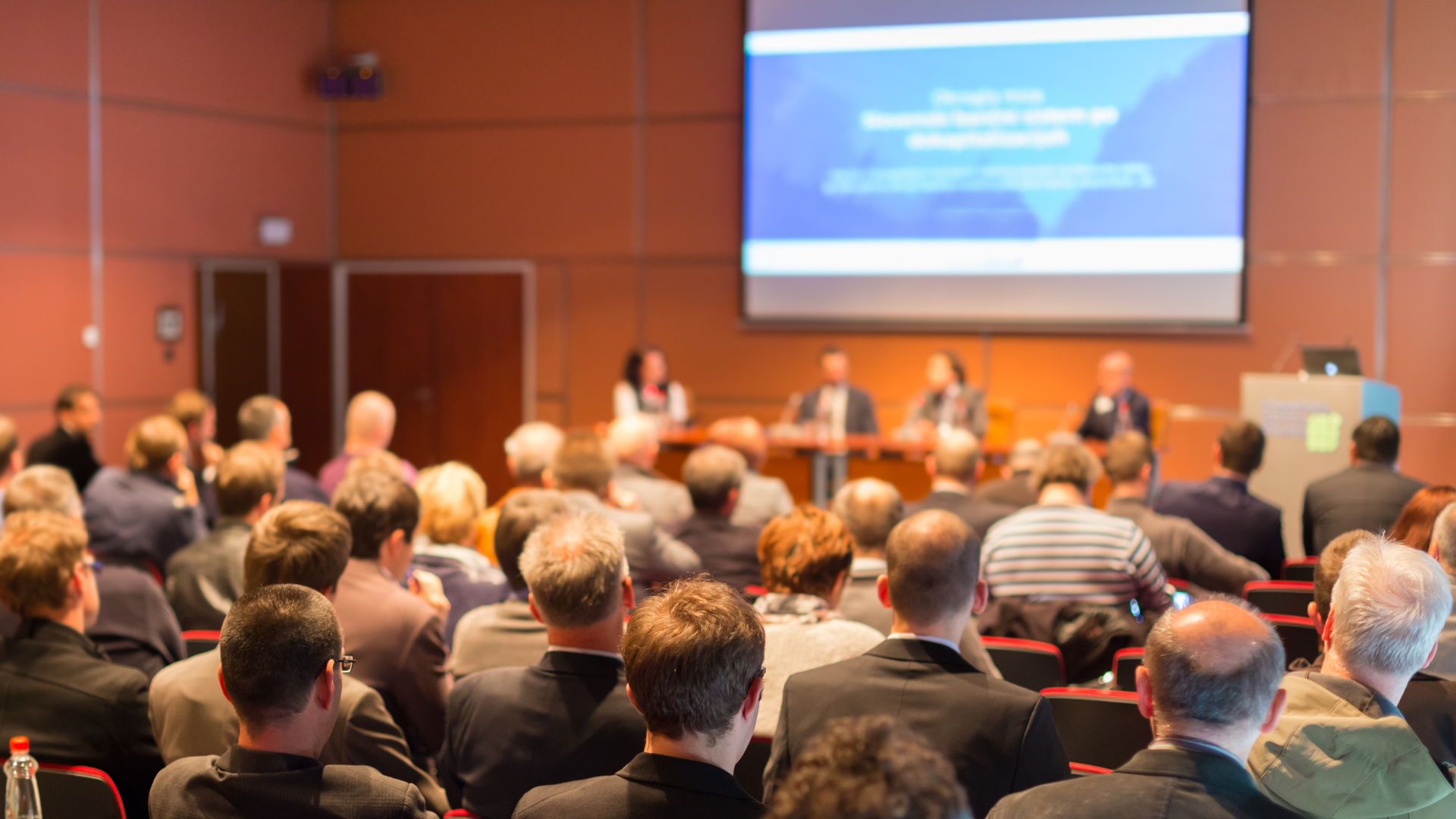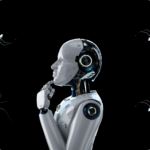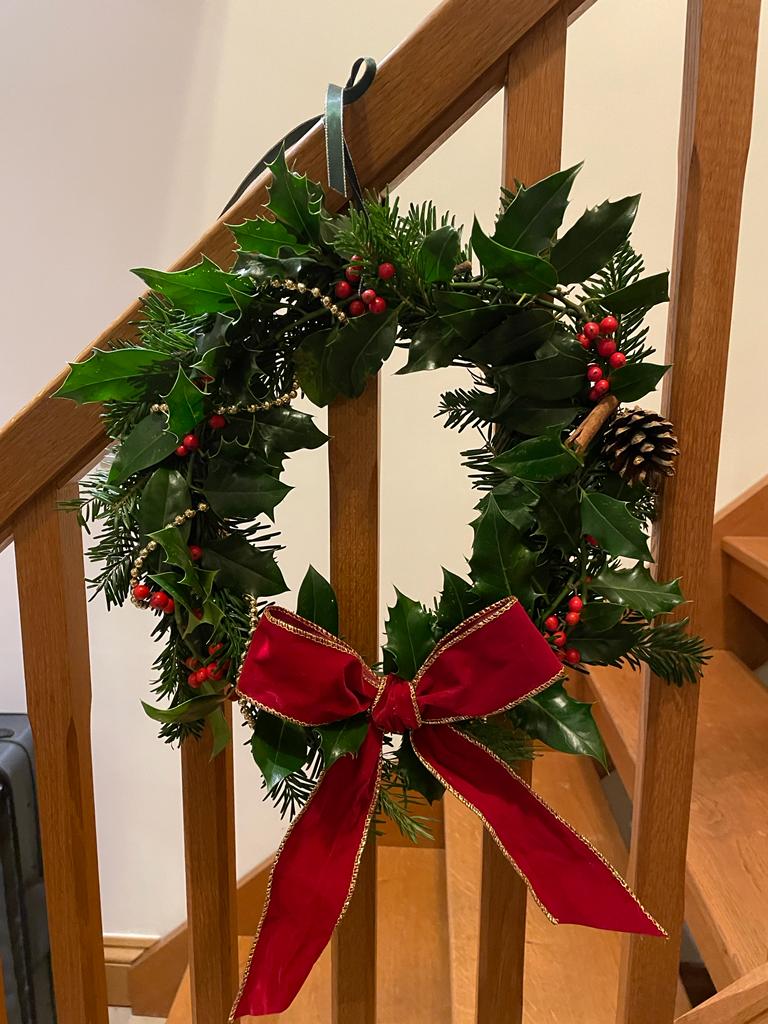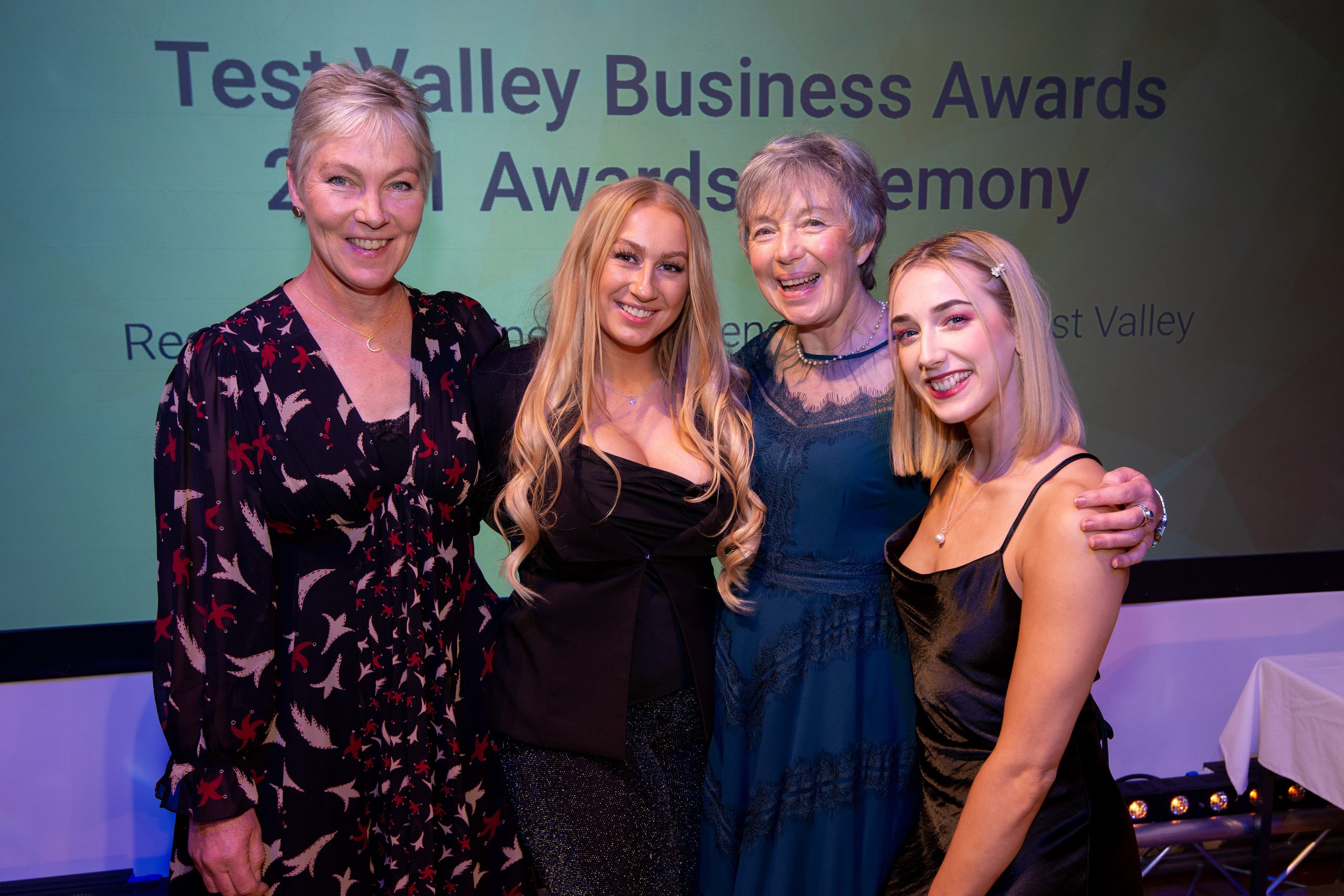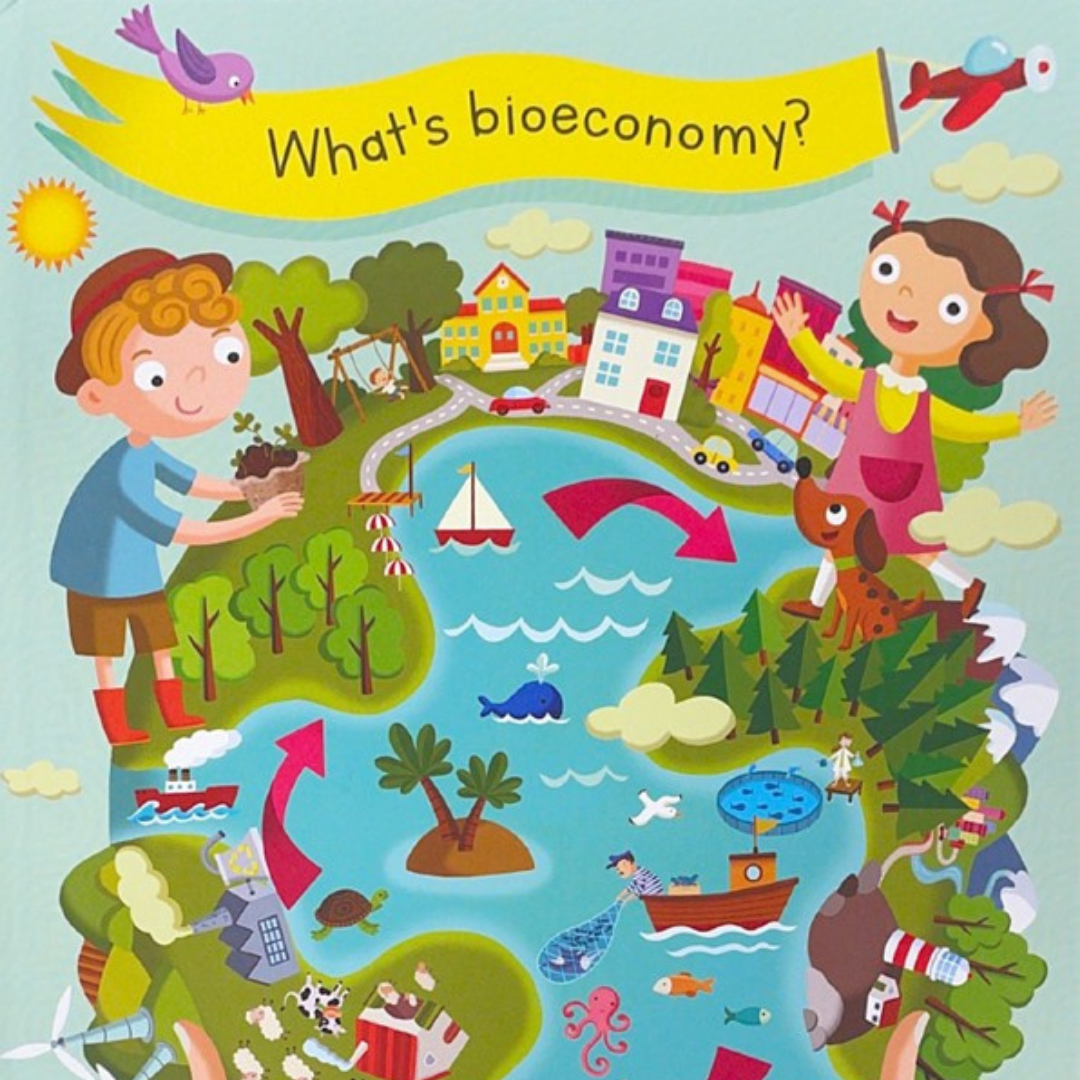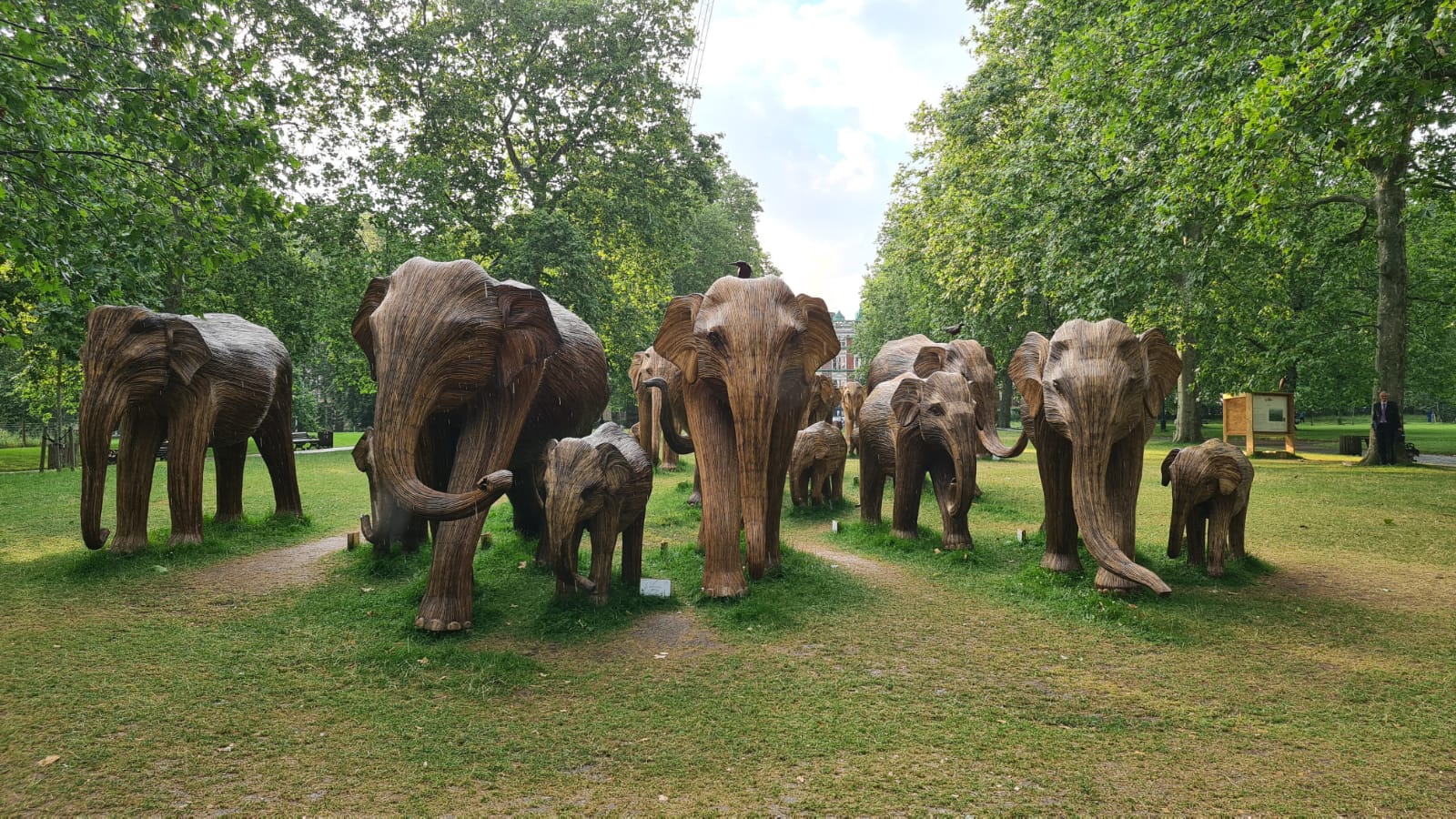Christmas – culturally diverse and sustainable celebrations Szilvia Newell, Office Manager at Minerva, explores and explains Hungarian and British traditions 5th December 2023 The holiday season is a time of joy, love, and celebration. It is also a time when people around the world come together to celebrate various cultural and religious traditions. While Christmas […]

Seeing Science: A Bird’s-Eye View
By Mikhaela Neequaye
July 2016
I am a scientist. I think? No I am, I am a scientist. Let’s say I’m a scientist with reservations (I still don’t quite believe it myself). Specifically, if you want the facts, I am a first year PhD student, co-supervised between The Institute of Food Research and the John Innes Centre working on Beneforté ‘super-broccoli’. If you really want the facts, I’m working on uncovering the genetic control of sulphur metabolism in Brassica oleracea (oo-er!)
The thing to remember, and the thing that can be quite a shock at the start, is there’s more to being a scientist than planning and executing experiments. The reason why I chose the PhD project I’m doing, working on ‘super broccoli’, is because the aspects of research that have always fascinated me, are the ones with direct application. There’s nothing more infuriating to me than the concept of a researcher committing their heart and soul to their work, producing fantastic and fascinating results and then having that culminate to nothing more than a paper that falls into the pits of the ever-increasing mountain of academic papers published regularly (50 million since records began!), only to be recognised by members of their own, very niche community. Grrrrr. The best part about research is being able to change our perspective of the world around us, finding something out or developing something new and having an impact. You may find yourself wondering, as I often have, how exactly does one transfer their research into application? How do you make a difference? It’s all well and good doing the research and generating the data, but how do you then translate it to the right channels?
This question was answered for me in November of last year when Rhonda Smith, founder and director of Minerva communications, came and gave a seminar at my research institute about communicating science (my favourite!). Turns out the answer is a ‘knowledge broker’ – don’t worry I didn’t quite get it at first either. What you need is someone that can take the information you’ve generated in your research and direct it towards the right channels, delivering it to the right person that can help you along with the next stages of the journey. And yes, there are next stages (I know!). It turns out, publishing a paper about your research is not, in fact, the end but actually just the beginning of the work reaching its full potential. As you can imagine, I was captivated. This seminar was then followed by a colleague and I having lunch with Rhonda, discussing her work, her background and her future projects, including ESOF 2016. From then I was sold, after a few emails, my internship was sorted, 12 weeks with Minerva in the run up to ESOF, delivery and follow up. Sorted.
So here I find myself, at Minerva communications, in the belly of the beast, way out of my depth. There are proper adults here, who do proper adult things. I am yet to spot an academic in their scruffies carrying an ungodly amount of concepts of the world in their head, and a mysterious stain on their shirt. This is all new. But as a scientist, I can tell you that new is brilliant, I live for it, and so far I am loving it. Actually, in many ways it is the same as starting your PhD
- Everyone around you has a wealth of experience and knowledge you’re desperately trying to absorb like a human sponge
- When everyone is talking some words are familiar and others (especially the acronyms) leave you looking like you may or may not have left the iron on before leaving the house
- You’re desperate to be given tasks and start doing things but then plunge into fear when you are actually left alone to get something done
I’m no stranger to acronyms; RNA, LC-MS, PCR … So why not take on a few more? New experiences and learning are all part of being an ESR right?
*looks to Kate and Edd on either side of me to confirm that ESR is being used in the right context and is what I think it is*
*receives nods of approval*
*mini self-fist-bump under the desk*
More Blogs
Breaking Down Scientific Barriers
Breaking Down Scientific Barriers The Power of Conversational Communication in Science By Amanda Beard 21st November 2023 Communicating science to the public and policy-players can be a challenge for researchers, especially when it comes to conveying complex information to those who are unfamiliar with the concepts and language. However, there is a way to break […]
Is AI the Scariest Innovation Ever for Halloween?
Is AI the Scariest Innovation Ever for Halloween? – Written by AI Author – AI 31st October 2023 As Halloween approaches, our thoughts turn to all things spooky and eerie. While ghosts, goblins, and witches have traditionally been the stuff of nightmares during this time of year, there’s a modern innovation that’s been sending shivers […]
Recycle Week 2023: Let’s Make a Difference Together!
Recycle Week 2023: Let’s Make a Difference Together! Author – Vaishnavi Srinivasan 10th October 2023 Taking Action During Recycling Week and beyond Review Your Recycling Habits: Take a moment to review what you currently recycle at home or at work. Are there items you could be recycling but aren’t? Make a list and commit to […]
Zero Waste Week
Join Minerva Communications in Embracing Zero Waste Week! Author – Vaishnavi Srinivasan 30th August 2023 Assess Your Waste: Start by taking a close look at your daily habits. Identify areas where you can reduce, reuse, or recycle more effectively. Set Goals: Challenge yourself to make a big difference during Zero Waste Week. You can do […]
Sustainable Celebrations this Christmas
Sustainable Celebrations this Christmas By the Minerva Team 9th December 2021 Use natural or homemade Christmas wreaths and decorations –Mimi Saville, Account Manager “Using natural or homemade decorations are a sustainable alternative to plastic Christmas baubles and artificial wreaths. Meeting with family to forage and create your own garlands or festive wreaths is a great […]
Six Lessons Learned in Six Months
Six Lessons Learned in Six Months By Molly Burchell, Account Executive 30th November 2021 Our newest team member discusses what she has learned so far at Minerva. This month, I am celebrating my sixth month working as an Account Executive at Minerva Communications UK. This is my first job out of university that has […]
Driving awareness for a more sustainable future
Driving awareness for a more sustainable future Interactive book for families and schools provides ‘bio-based’ food for thought By Amanda Beard, Account Manager, Minerva UK October 2021 Case Study: Bradford Science Festival 2021 The Bradford Science Festival (BSF) was first established in 2017 by the National Science & Media Museum with the aim to engage […]
Elephants – megagardeners of the forest
Elephants – megagardeners of the forest Iconic Species essential for biodiversity needs our help By Rhonda Smith, Director, Minerva UK August 2021 More Blogs
Investigating the effectiveness of biodegradable and compostable packaging
Investigating the effectiveness of biodegradable and compostable packaging The Citizen Science Home Composting Experiment By Virginia Neal January 2021 More Blogs

